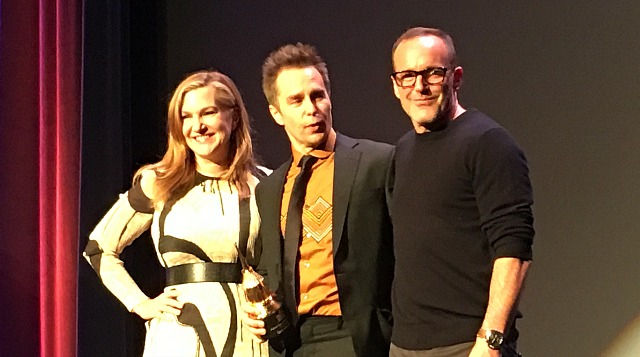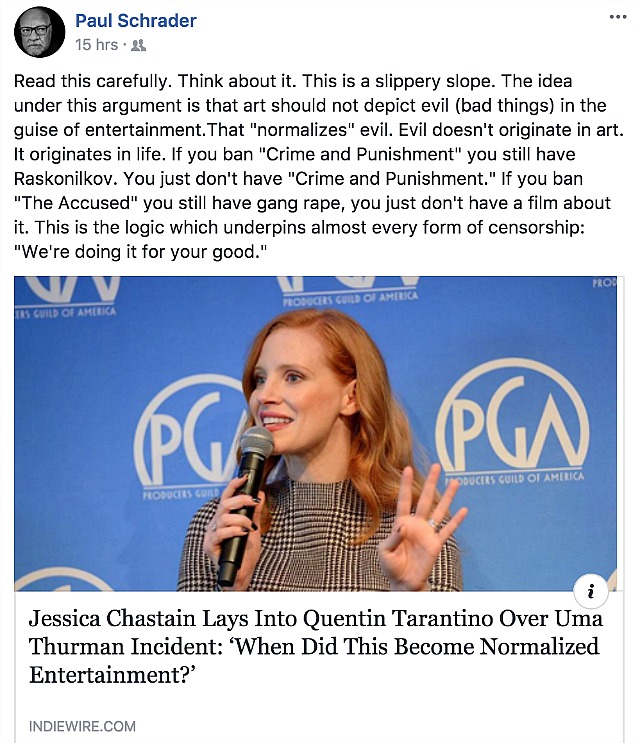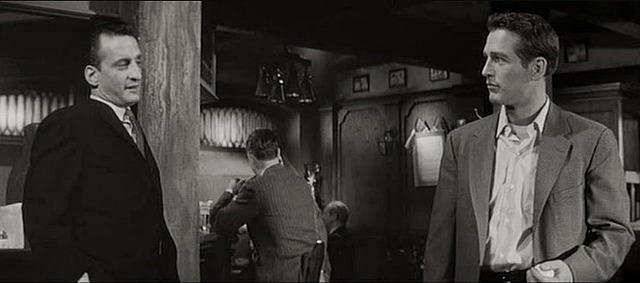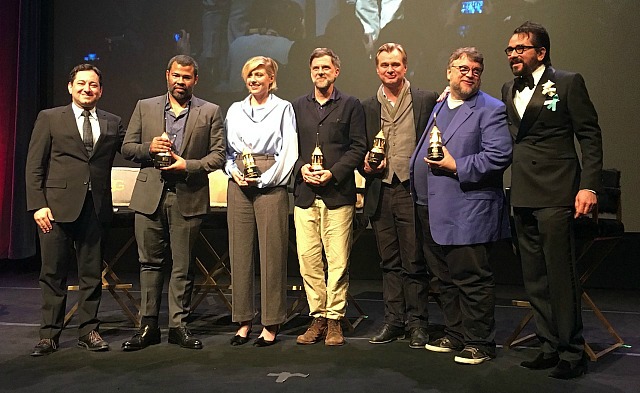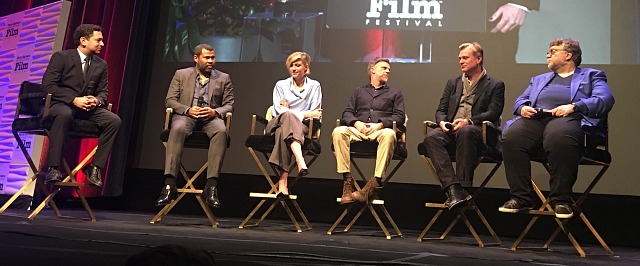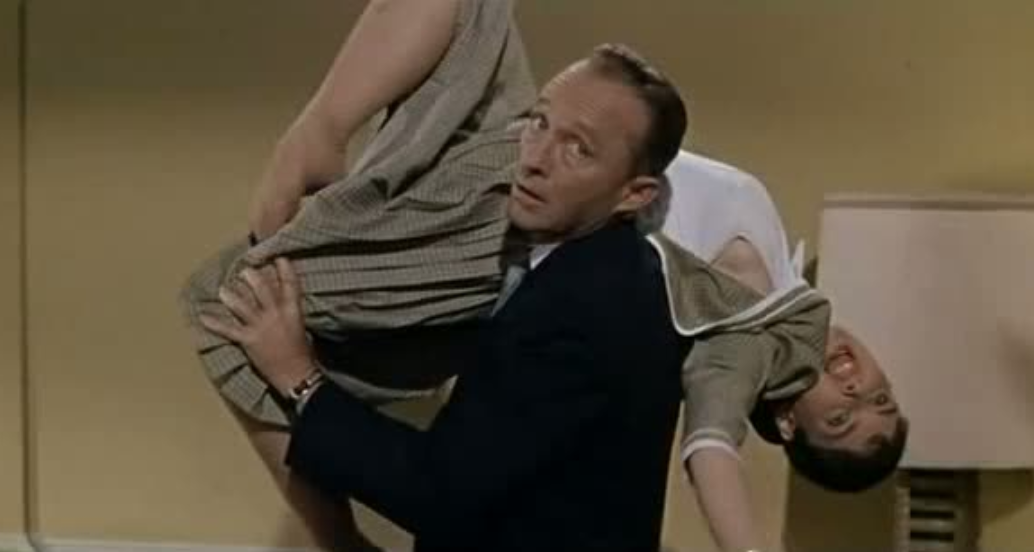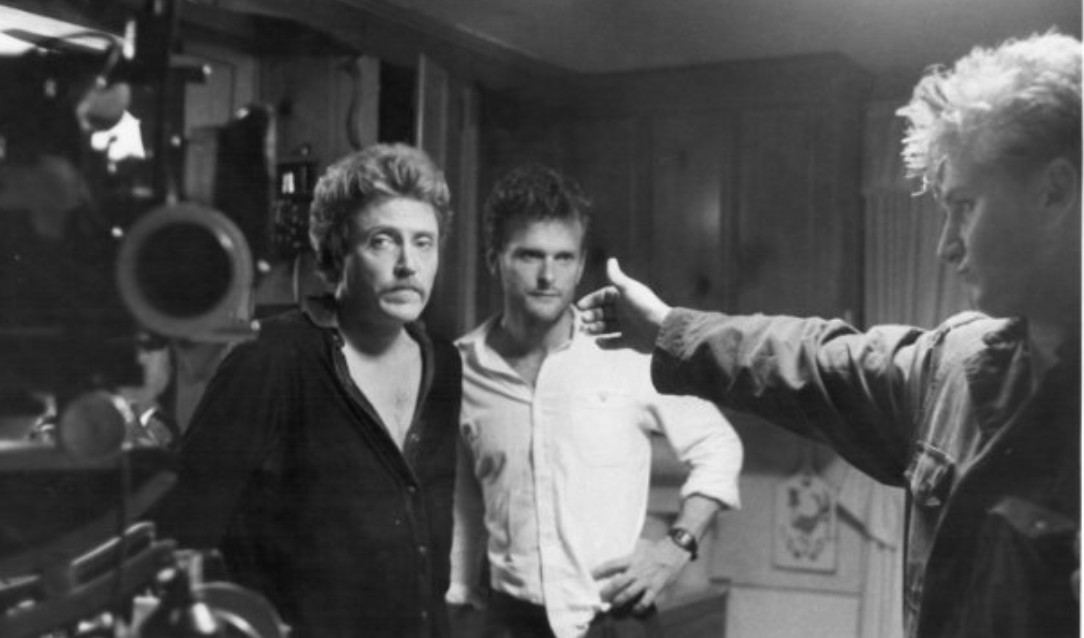The family of the late Jill Messick, a chronic depression sufferer who committed suicide yesterday, is claiming that Messick was “victimized” and partly nudged towards self-destruction by certain charges alleged by former client Rose McGowan.
McGowan’s charges appeared in a 10.28.17 N.Y. Times story as well as her recently released “Brave” book.
A longtime producer and former Miramax exec who served as McGowan’s manager when the actress was allegedly raped by Harvey Weinstein in January 1997, Messick allegedly felt diminished by statements that McGowan made about her not being a vigilant-enough defender of McGowan during a time of great anger and trauma, and then undermining her claim of having been raped in an email written to Weinstein.
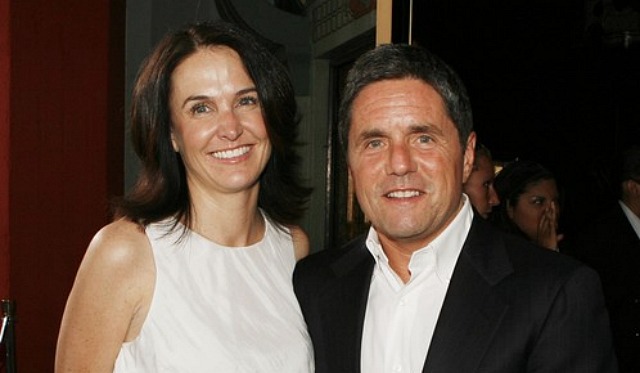
Jill Messick and Brad Grey, now both deceased, in 2007.
In a 10.28.17 story by N.Y. Times reporter Susan Dominus, McGowan said that the 1.28.97 Sundance Film Festival meeting with Weinstein at Deer Valley’s Stein-Erickson lodge was arranged by Messick.
McGowan has said that Messick comforted McGowan when she learned of the attack. “But in the months to come,” Dominus wrote, “McGowan did not feel supported by her management team.
“Anne Woodward, now a manager herself, was a young assistant in Messick’s office at the time, and was in on many of Ms. Messick’s calls. ‘I remember that Rose was extremely upset and did not want to [accept a hush money offer from Weinstein],’ Ms. Woodward said. ‘She wanted to fight.’
“[But] no one around her, as Ms. Woodward recalls, supported that instinct. ‘It was an emotionally shocking way to see a woman being treated,’ Ms. Woodward said. ‘That’s what stuck with me.'”


